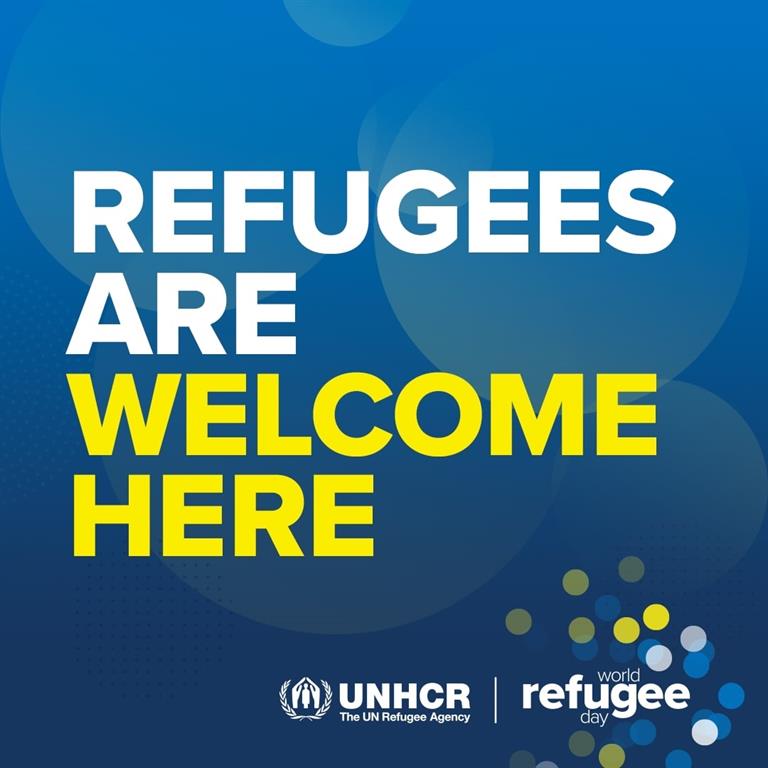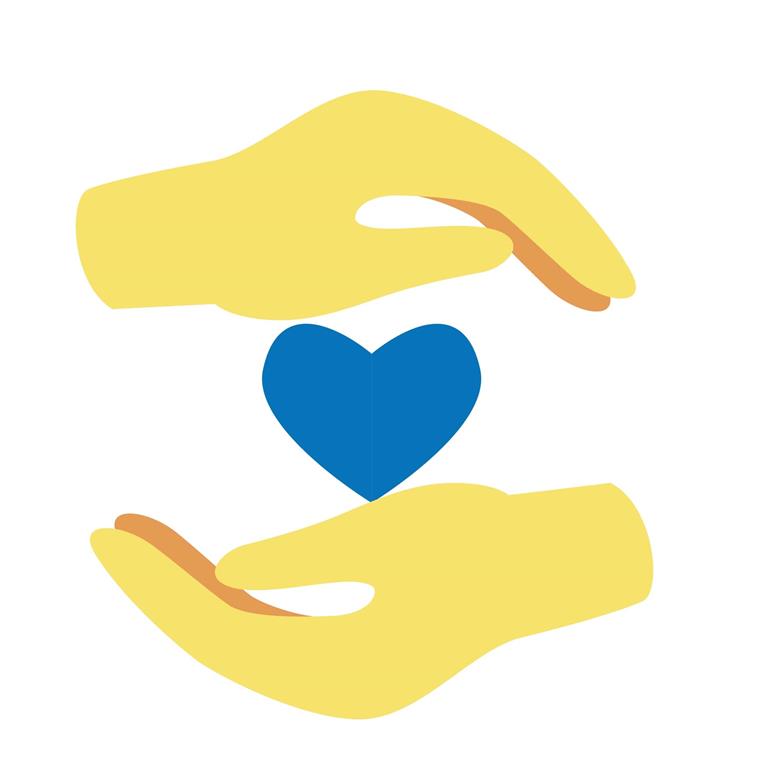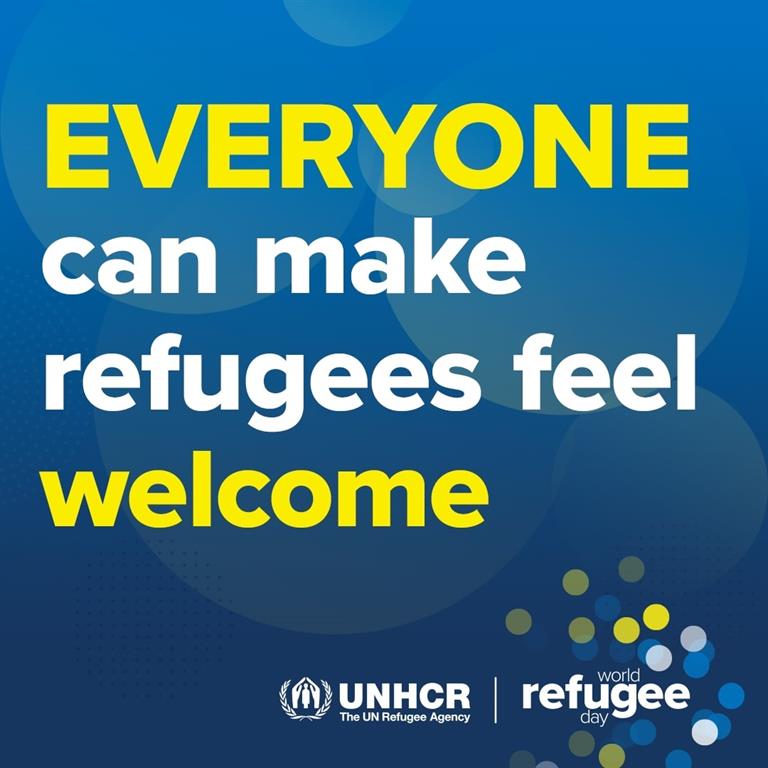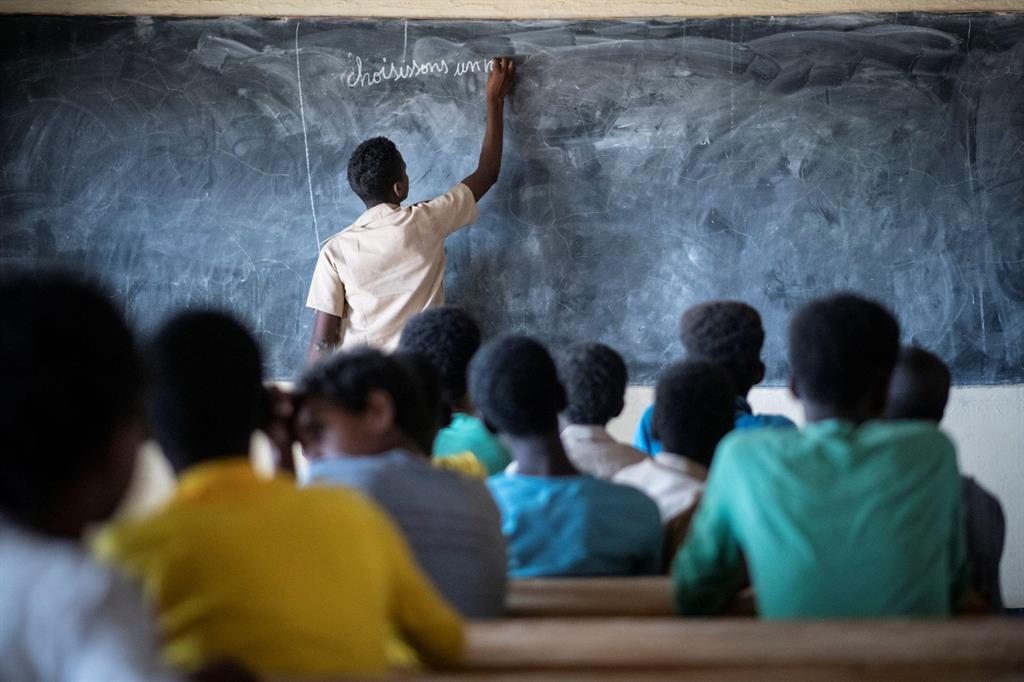Namibia: A forever home
Refugees studying under the DAFI programme and contributing to better Namibia.
Jeanette DiergaardtOn 20 June, the world commemorates World Refugee Day. The theme for 2021 focuses on the power of inclusion, especially during the Covid-19 pandemic. The power of inclusion transcends education and grants refugees rights as they play a part in making communities a better place.
In a country of about 2.5 million people, the number of refugees in Namibia only amounts to 459. A number of these refugees live at the Osire Base Camp in the Otjizondupa Region. The camp is run by the ministry of home affairs in collaboration with the United Nations High Commissioner for Refugees (UNHCR) offices in South Africa.
A scholarship programme ran by the Albert Einstein German Academic Refugee Initiative (DAFI), established in 1992, has given support to over 13 500 refugees worldwide.
According to Kate Pond, the external relations officer in South Africa, less than 10 refugees are currently studying at universities in Namibia. The DAFI programme in Namibia is implemented by the Society of Family Health (SFH) in Namibia since 2020.
According to Sondaha Sakeus, the implementing officer at SFH, the duties of the organisation includes visiting the students at home and ensuring that they are well taken care of. The progress of these students is monitored to ensure their grades remain excellent. These students are also connected to other alumni of the DAFI programme to provide additional support if needed.
According to Pond, students under the programme are chosen through a careful selection process. The requirements of the DAFI programme is that they should be under 35 years of age and their high school marks should be very high to receive financial support. The scholarship not only pays for their tuition fees but also pays for their accommodation and any extra money that they might need.
We caught up with some of these students, who are studying under science, technology, engineering and mathematics (STEM) fields.
From the University of Namibia (UNAM) is 20-year-old Fidel Nitunge who studies medicine at the Hage Geingob campus. Nitunge has been in Namibia since his birth at the Osire refugee camp and only knows Namibia as his forever home. He is one of nine siblings from Burundi and they have been living in Namibia for as long as they can remember. As a medicine student in his second year of university, Nitunge would one day like to specialse in optimology.
Also from Burundi are brother and sister Valeria and Kevin Chomore, both of whom have been accepted into the DAFI scholarship programme.
Valeria studies medicine as well and is currently doing her clinical placements in Okahandja. Although medicine can be a challenging field to study, now in her third year, she said she has gotten the hang of it and is adapting to the requirements and what is expected of her as a medicine student.
Her brother Kevin studies civil engineering at UNAM’s Ongwediva campus. He is currently in his second year.
Most of the refugees under the DAFI programme have been in Namibia for more than five years, so the placement of these students has been easier into the Namibian education system.
Most of the students can’t recall why their parents decided to move to Namibia, but they do all know that Namibia is home. Although they would one day like to visit Burundi, they prefer to further stay in Namibia and plough back in the community. The DAFI programme also assists these students, after their studies, with job placements if they require additional assistance.
Only 3% of refugees worldwide have the opportunity to study at institutions of higher learning as most refugees flee from their countries of origin with - at most - the clothes on their backs, Pond said.
The Dafi programme is quite competitive and the scholarships are globally distributed. As with many initiatives to help make the world a better place, there is always more need and more space to lend a helping hand. Crowdfunding is open to assist more refugees to study.







Comments
My Zone
No comments have been left on this article